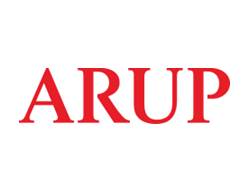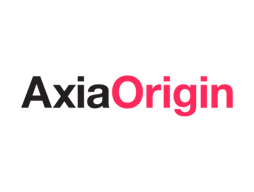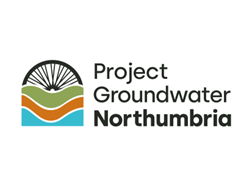Challenge
We know there are many ways to report a flood event, depending on what type of flooding is happening and who is responsible for responding. The complexities of groundwater flooding in the North East make this process more complex with residents telling us that they don’t recognise groundwater flooding as something that should or could be reported. We are therefore missing a critical piece of the puzzle in mitigating for and solving flooding in the North East.
As groundwater flooding becomes more of a national issue, we want to engage communities in the North East, understand their needs and ensure authorities have the essentials to plan for and respond appropriately when flooding occurs.
Protecting communities and making them more resilient to all types of flooding in the future means we need to work more collaboratively. How can we bring together a single point of data and a single point of contact to ensure communities can report incidents with ease and authorities can respond in a way that ensures no one has to deal with flooding without help
What will we do?
This daily dash will bring together a diverse mix of stakeholders and community members to exchange real stories and insights into the current flood reporting eco-system, to co-design flood reporting and response services fit for the future. We will:
- For the first time in festival history run a concurrent community sprint to evidence community perspectives alongside sprints held at the Innovation Festival grounds.
- Connect community perspectives with the innovation festival by bringing insights back into the festival directly from the community.
- Enhance public understanding of groundwater issues and how their involvement in reporting can aid authorities to help them more effectively.
- Further develop our project concepts and designs for a single point of contact in collaboration with real users to enable a pilot trail.
- Encourage communities to get involved in helping Project Groundwater to leave a legacy and shape the future of groundwater flooding research.
How we will do it?
Participants will engage and be encouraged to actively participate in small group discussions to:
- Share their experiences of flooding.
- Offer their feedback on current prototypes for a single point of contact.
- Hear about the current flood reporting processes and improve their understanding of how they work.
- Hear about Project Groundwater and how their involvement is helping shape the legacy of groundwater flooding in the North East.
Target Outcomes
By the end of the sprint, we see success as having:
- Gathered evidence for the need for a single point of contact to further enhance our current evidence base.
- Gained insight into community perceptions on groundwater flooding which will help Project Groundwater identify and plan future interventions.
- Captured real stories from community members who have experienced flooding.
| Registration has now closed |



